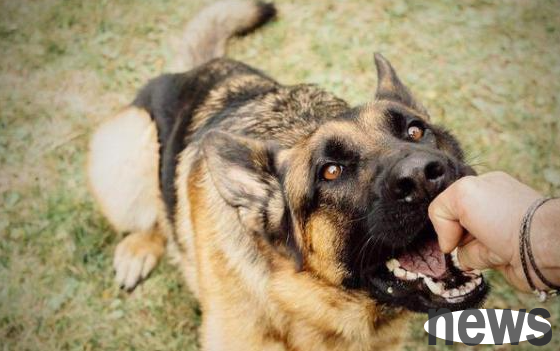Analysis of several situations of dog cough How to distinguish between physiological and pathological cough
Cough caused by cold. Dogs with weak resistance are more likely to catch colds when cold air comes or are hot and cold. Dogs often have symptoms of coughing, runny nose or fever when they have colds. This situation can be given to dogs with pets, which is specially used to treat dogs with colds and coughs. Analysis of several situations of coughing in dogs:

1. Coughs caused by respiratory diseases, including inflammation of respiratory mucosa such as the pharynx, larynx, trachea and bronchus and cough caused by stimulation. Such as pharyngitis, laryngitis, laryngeal water type, acute bronchitis, chronic bronchitis, etc.
2. Coughs caused by lung diseases, such as pneumonia, pulmonary congestion, pulmonary edema, tuberculosis, etc.
3. Coughs caused by some diseases in other organs such as the heart, pleura, diaphragm, etc., such as pericarditis, pleurisy, pleural tuberculosis, pneumothorax, diaphragm tumors, etc.
4. Some viral, bacterial infectious diseases and parasitic diseases can cause lesions in the respiratory tract, lung, heart and other organs, causing cough.
5. Healthy dogs can also cough sometimes. Such as excitement, waking up, frightened, and choking food, can cause a dog to cough. This cough is generally short and short, without any other symptoms, so don't worry.
6. Environmental changes cause dogs to cough. Cold air environment, smoke, dust, etc. can cause dogs to cough. Generally, there will be no continuous and long-term cough. When subjected to strong stimulation, it will be accompanied by runny nose and tears. If you are separated from the harmful environment, you will improve and disappear.

7. Cough caused by cold. Dogs with weak resistance are more likely to catch colds when cold air comes or are hot and cold. Dogs often have symptoms of coughing, runny nose or fever when they have colds. This situation can be given to dogs with pets, which is specially used to treat dogs with colds and coughs.
How to distinguish between physiological and pathological cough:
1) Time of coughing: Physiological cough usually occurs in the morning and evening. After eating and exercise, pathological cough generally has no specific rules.
2) Cough frequency: Physiological cough usually occurs occasionally, and pathologically persistently.
3) Dog mental status: The dog is in good mental status when physiological vomiting occurs, and the dog is generally in poor spirits when pathological vomiting occurs.




